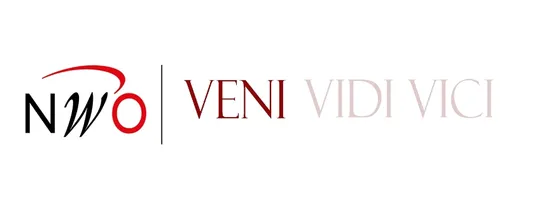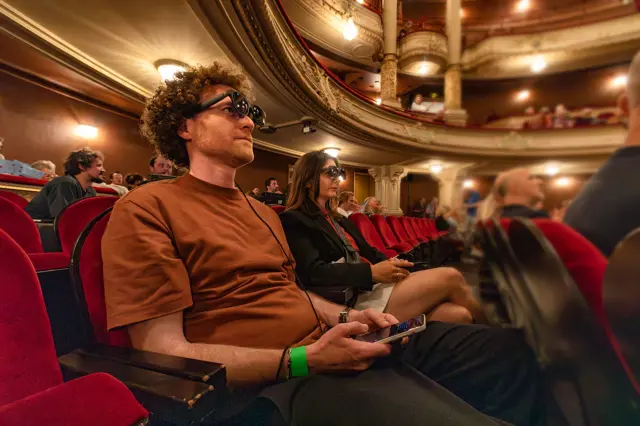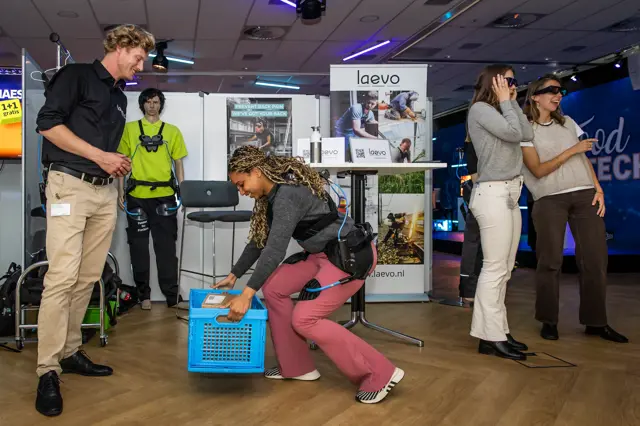May 21, 2025
CWI receives NWO grant for AI-based research into turbulence
The Centrum Wiskunde & Informatica (CWI) has received an NWO grant to develop new AI-based models to simulate turbulence—one of the most complex challenges in physics.
Turbulence is a familiar phenomenon—seen in everything from swirling smoke to cosmic gas flows—but remains one of the hardest challenges in computational physics. Benjamin Sanderse, head of the Scientific Computing group at the Centrum Wiskunde & Informatica (CWI), has received a €50,000 grant from the Dutch Research Council (NWO) to explore new AI-based methods for modelling turbulence.
The grant comes from the Open Competition Domain Science – XS programme, which supports innovative and high-risk scientific ideas with the aim of advancing science regardless of outcome.
Sanderse's proposal focuses on a new class of models: neural stochastic differential equations. These combine the structure of classical mathematical models with the flexibility of machine learning and the randomness needed to capture the unpredictable nature of turbulent flows.
“Simulating turbulence is notoriously difficult due to its chaotic nature,” says Sanderse. “By introducing randomness into the equations, we can model not just one outcome, but a range of possible behaviours.”
Inspired by recent advances in generative AI, the project adapts techniques typically used for image or text generation to study physical systems. A postdoctoral researcher will be partially funded by the grant to develop probabilistic models tailored to turbulence.
While the project focuses on fluid dynamics, the hybrid method has potential far beyond turbulence. “The combination of physical laws and generative machine learning opens new doors across scientific disciplines,” Sanderse notes.
Read more about the project on the CWI website.
Vergelijkbaar >
Similar news items

July 22
Veni grants for 28 UvA and Amsterdam UMC researchers
read more >

July 10
AI glasses display live subtitles in the theatre
read more >

July 10
Albert Heijn explores AI use, but avoids the hype
read more >